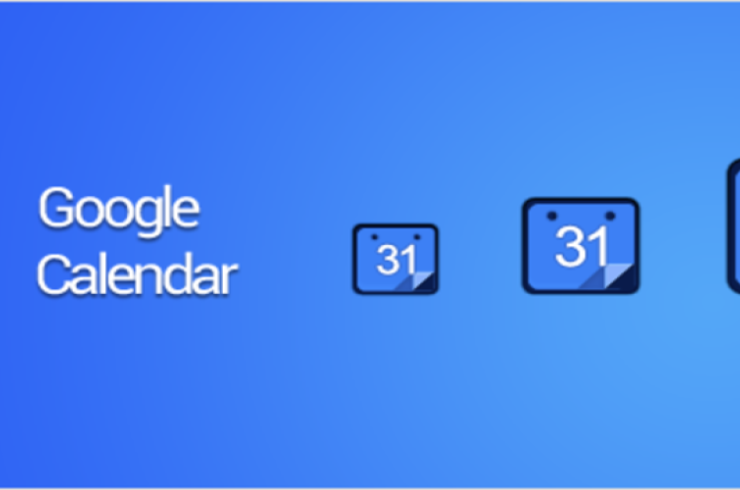- 29-11-2023
Navigating the Tides of Tech: Staying Afloat with Google Calendar's Updates

As technology relentlessly marches forward, it often sweeps away the old to make way for the new. This evolution is a double-edged sword, offering fresh features and enhanced security on one side while phasing out support for older devices on the other. Google Calendar, a linchpin in the digital organization for personal and professional users alike, has announced an update that underscores this reality. The forthcoming change will see the app requiring at least Android 8.0 Oreo to function, leaving those with older devices pondering their next move.
For the uninitiated, Google Calendar has served as a digital scheduler par excellence, seamlessly integrating with other Google services to provide a harmonious user experience. Its simplicity and utility have earned it a place on countless smartphones worldwide. However, this impending update is set to redraw the boundaries of compatibility, excluding devices running Android 7.0 Nougat or earlier. This shift isn't just about keeping up with the latest software trends; it's a reflection of the tech industry's relentless pursuit of security and performance improvements that often necessitate leaving older systems behind.
The ramifications of this update are significant, particularly for users who rely on Google Calendar as their organizational backbone. The immediate impact is clear: without the latest software, access to the app's features will be lost. This poses a dilemma for those with older devices, who must now consider whether to upgrade their hardware to maintain continuity in their digital routines. For some, this may be a relatively minor inconvenience; for others, it could represent a substantial unexpected expense.
In the face of such change, users have a few options at their disposal. The most straightforward solution is to update the device's operating system, if possible, to meet the new requirements. For those with devices that cannot be updated, the path forward is less clear. The stark reality is that to continue benefiting from Google Calendar's features, acquiring a new device that supports at least Android 8.0 Oreo might be the only viable path forward. While this may be an unwelcome prospect, it's a reminder of the importance of staying current in an ever-evolving technological landscape.
This development serves as a wake-up call for users clinging to older technology. It's a stark reminder that in the digital world, obsolescence is not just a possibility; it's an inevitability. As users navigate these waters, they must weigh the merits of investing in new devices against the potential costs of being left behind. For some, this will mean taking the plunge and embracing the latest technology. For others, it may lead to seeking alternative solutions that can provide similar functionality without requiring a new investment. Whatever the choice, it's clear that keeping pace with technology is not just about staying connected—it's about staying relevant in a world where change is the only constant.